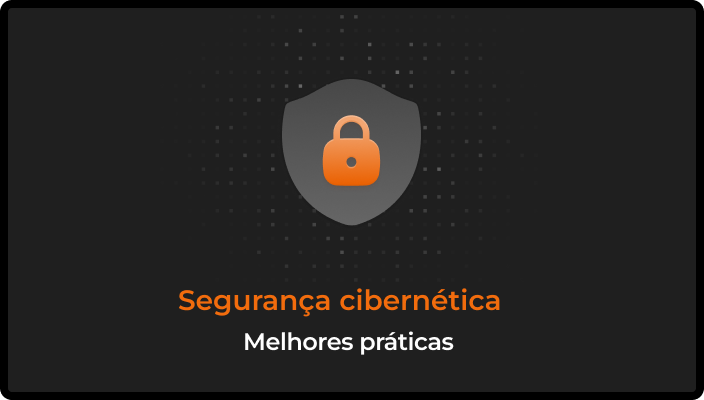The Rise of Cyber Threats
The number of cyberattacks is growing every year. From small businesses to large enterprises, everyone is vulnerable to data breaches and cybercrimes. Ransomware attacks, where hackers encrypt data and demand ransom, are estimated to have increased dramatically in recent years, putting the operations of many companies around the world at risk. In addition, threats such as phishing, malware and digital fraud continue to evolve, making protection a constant challenge.
Best Practices for Protecting Your Data
To protect yourself effectively, it is essential to adopt some good cybersecurity practices that can significantly reduce risks:
- Staff Education and Training: Teaching employees how to identify potential threats, such as fraudulent emails or suspicious links, is the first line of defense.
- Strong Passwords and Two-Factor Authentication: Using strong passwords and two-factor authentication (2FA) helps make it harder for hackers to access critical systems.
- Regular Software Updates: Many security holes arise from outdated software. Make sure all systems are always running the latest version.
- Data Backup: Performing frequent backups and storing them in secure locations ensures that your company can recover data in the event of an attack.
Essential Security Tools
In addition to the practices above, having technological tools is essential to protect your company's data. Some of the main security tools include:
- Firewall and Antivirus: They act as a protective barrier, identifying and blocking threats before they can cause damage.
- Encryption Solutions: They ensure that sensitive data is encrypted, making it difficult for hackers to access critical information, even in the event of a leak.
- Continuous Monitoring Systems: They allow your IT team to monitor network activity in real time, detecting suspicious behavior and stopping attacks in their early stages.
The Importance of a Security Audit
A security audit is a comprehensive analysis of your company’s cyber defenses, identifying weaknesses that could be exploited by attackers. Hiring a specialized consultancy to perform this audit regularly is an essential practice to keep your digital environment secure.
Rapid Reaction in Case of Incident
Even with all precautions, no system is 100% invulnerable. That’s why it’s crucial to have an incident response plan in place to ensure your company knows how to act quickly in the event of a cyberattack. This includes isolating the problem, identifying the source of the attack, notifying affected parties, and restoring systems and data with as little impact as possible.









 3 min read
3 min read




